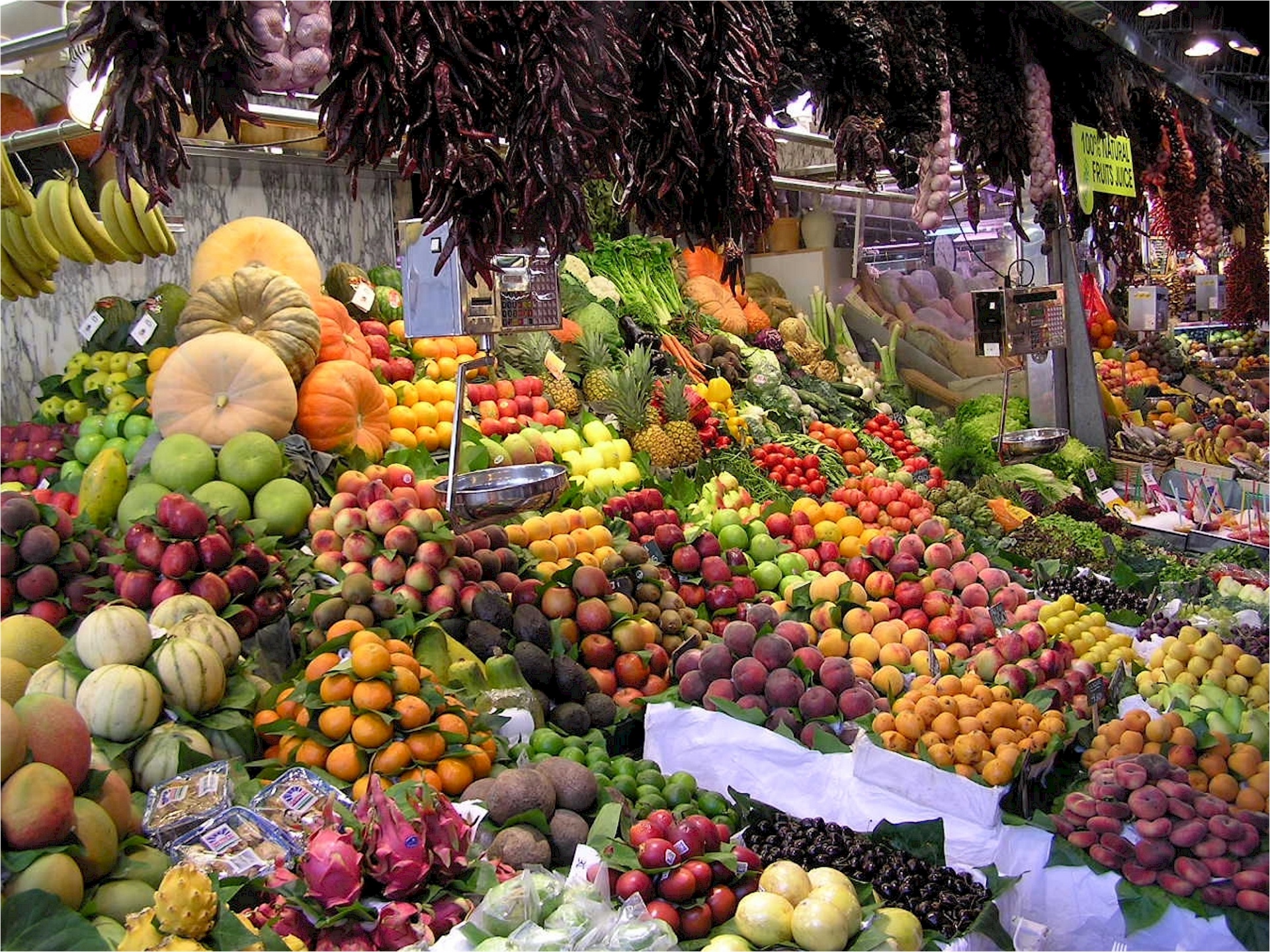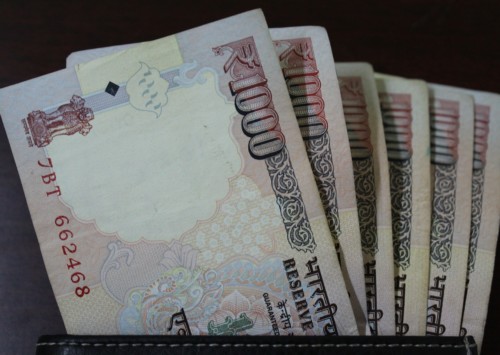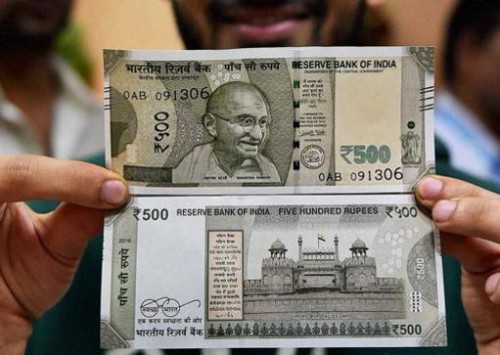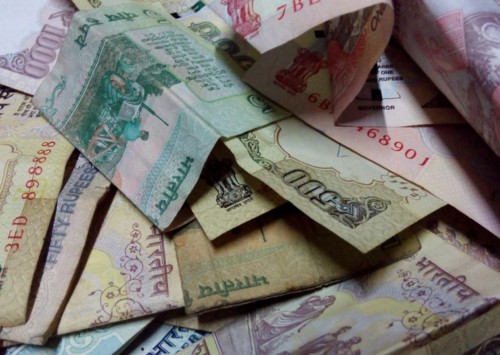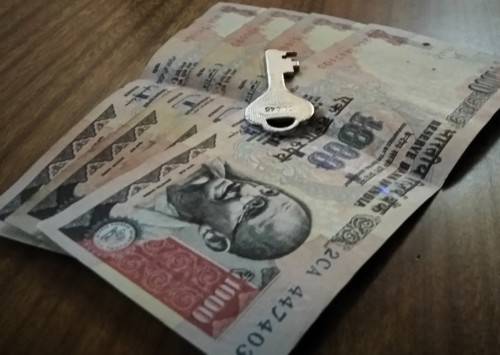Indian vegetable market slows down
Post demonetisation of currency bills of INR 500 and INR 1,000 in India, the country is already in a state of turmoil and the situation has changed for the worse as the vegetable wholesale and retail market is now witnessing a monumental economic crisis.
Demonetisation of INR 500 and INR 1,000 currency bills in India has had a peculiar effect on the people as well as the economy within less than a month of its application and the move has now engulfed the vegetable and fruit market as well.
As experts had already predicted, vegetable and fruit trade in rural areas has witnessed a decline, and the local vegetable prices, both wholesale and retail, have crashed.
On the other hand, in urban areas, vegetable supplies in markets have increased and wholesale prices have dropped due to more liquidity. However, retail prices have remained almost unaffected.
According to an analysis from cities including Bengaluru, Chennai, Kolkata, Mumbai, Pune, Hyderabad, Patna, Guwahati and New Delhi, the quantity of vegetables supplied in markets have shot up since the day 500 and 1,000 rupee notes were announced an illegal tender.
As people in urban areas are still able to make cash payments as compared to the people who shop in rural markets, producers, wholesalers and retailers prefer to sell the produce in cities and the quantity of vegetables like cauliflower, potato, tomato, cabbage, gourds, lady finger (okra), chillies, brinjal and peas has increased by 10-30 pc in wholesale markets of these cities.
Taking advantage of the situation, wholesale traders seem to have negotiated with producers to slash wholesale purchase prices substantially but did not pass on the benefit to the consumers.
In all major cities, wholesale prices came down after the fortnight of demonetisation of high denomination currency notes as compared to the prior week. In the Indian capital New Delhi, wholesale rates for vegetables like cauliflower, brinjal and cabbage reduced by more than 50 pc each, while prices of peas and potatoes fell by approximately 40 pc and tomatoes by 13 pc. The prices of onion shot up by 14 pc, as it is less perishable when compared to other vegetables.
However, the local vegetable vendors are selling at their usual prices, except for a reduced amount for cauliflower, brinjal and cabbage.
After a long series of aftershocks post demonetisation, one is left wondering what’s next in store.

